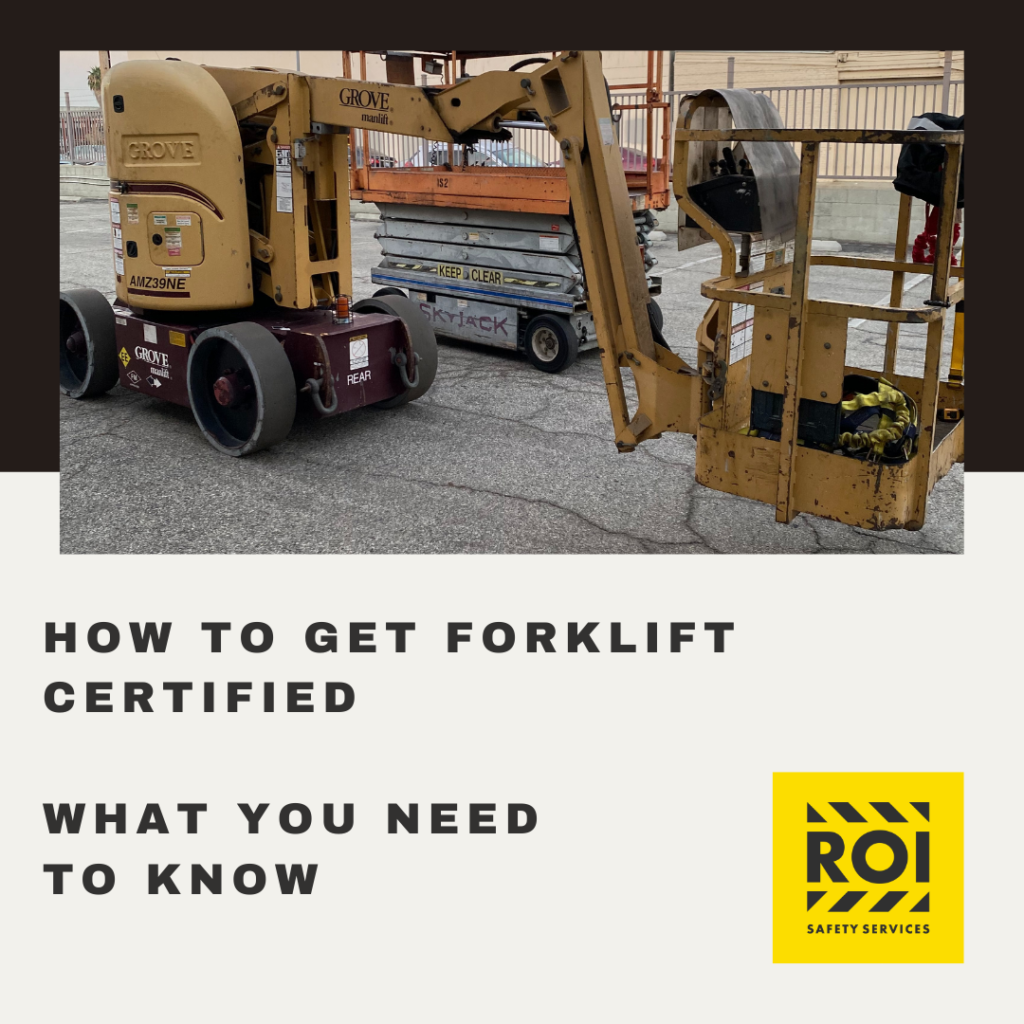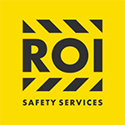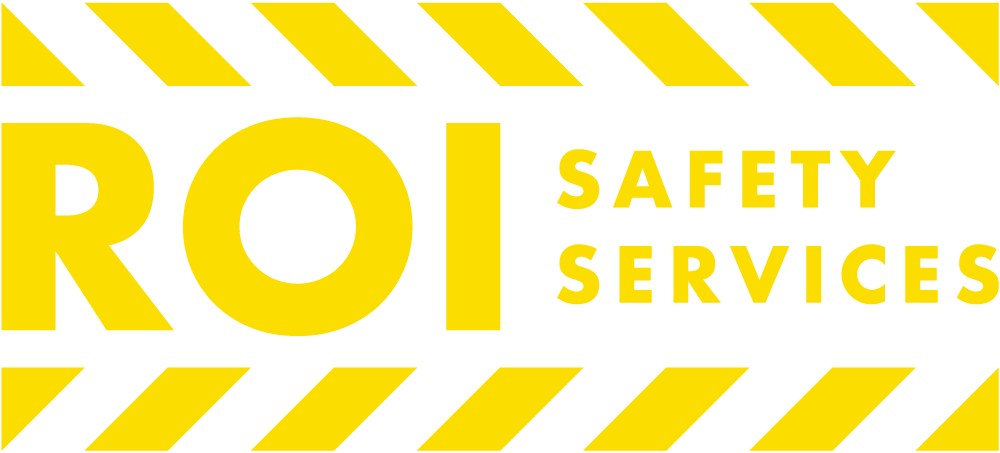
How to Get Forklift Certified
Forklift operators are integral to a variety of industries, from shipping to brewing to storage and more. This high demand represents many employment opportunities. However, before you can operate a forklift legally, you need to get your forklift certification. In this article, we’ll talk about what that certification entails, what operations it covers, and how you can get one.
Legal Requirements for Forklift Certification
In the United States, employers are only allowed to hire “competent” forklift operators. The agency in charge of measuring who is competent and who is not is OSHA, the Occupational Safety and Health Administration. This organization’s goal is to reduce injuries related to forklift operation. After all, these are not only vehicles but heavy machinery with pretty fearsome capabilities.
Did you know that nearly 100 US workers a year are killed in forklift-related incidents, with another 35,000 sustaining injuries directly related to improper forklift operation? For this reason, employers can suffer severe penalties if a non-certified forklift driver causes an accident. Since the penalties mentioned above can amount to tens of thousands of dollars or more, most reputable companies will only hire certified forklift operators.
Getting Forklift Certified
Most forklift operators choose to take an in-person, “classroom style” forklift training course. This typically consists of several days of lectures, videos, and hands-on training. While there are online courses, these are not preferred by most reputable employers, as they don’t actually provide any operating experience upfront.
There are three specific phases of training:
- Forklift Theory – This consists of in-class instruction involving the equipment to be used, its anatomy, its purpose, and its various components. Next, trainees will learn about the capacity and stability of a forklift, general operation procedures, safety procedures, load handling, refueling, and recharging.
- Evaluation – After the classroom portion, each trainee will be evaluated on their knowledge of forklift principles. This can be done via paper test, computer exam, or in-person questionnaire form.
- Workplace Specific Training – Most companies will require that even certified operators undergo additional training after being hired, as each environment and industry has its own unique set of hazards. During this process, you will be familiarized with company procedures and policies, and notified of any special information needed to keep you and your co-workers safe.
Forklift Refresher Courses
Due to no fault of the operator, it’s possible for there to be lapses in their forklift operation experience. While OSHA does not currently mandate refresher courses for previously certified individuals, they do require that operators be evaluated every three years whether they are working or not. Moreover, some companies may require a refresher course and workplace-specific training as a contingency to being hired.
Refresher courses are mandated by OSHA if:
- The operator has a record of using a forklift in an unsafe manner
- The operator is deemed not competent
- The operator has an accident.
- Significant changes are made to workplace policies and procedures.
In Conclusion
If you’re currently seeking a job as a forklift operator, getting forklift certified is the fastest way to improve your employability. Also, keep in mind that many employers will not accept online training courses without sufficient experience. That’s why you need ROI Safety Services. We provide comprehensive Forklift Training Classes on-site at your location. To learn more, visit us at: https://www.roisafetyservices.com/onsite-forklift-training-california/

